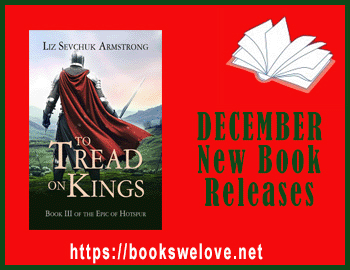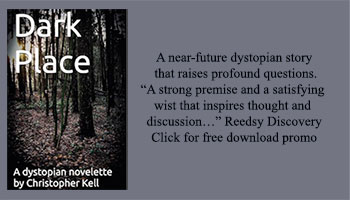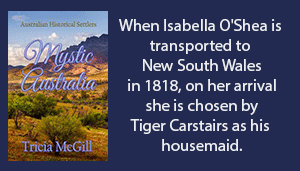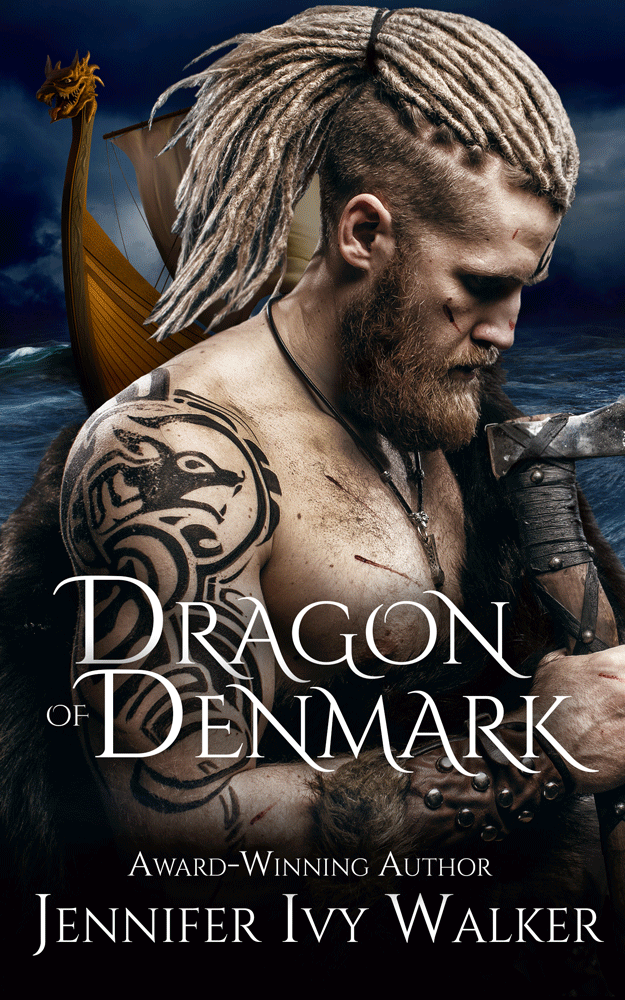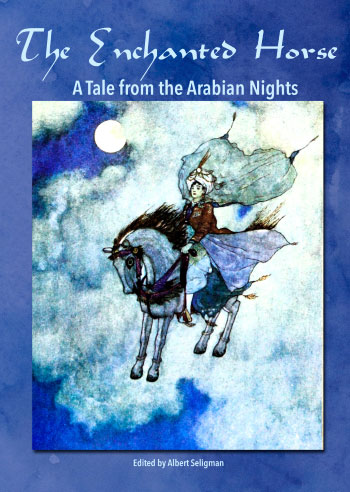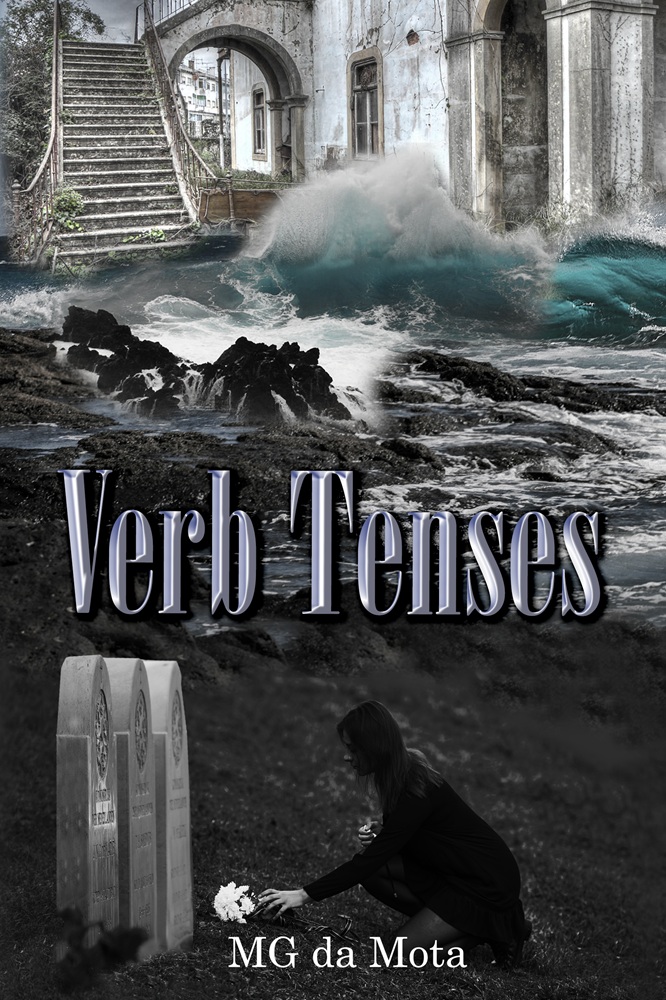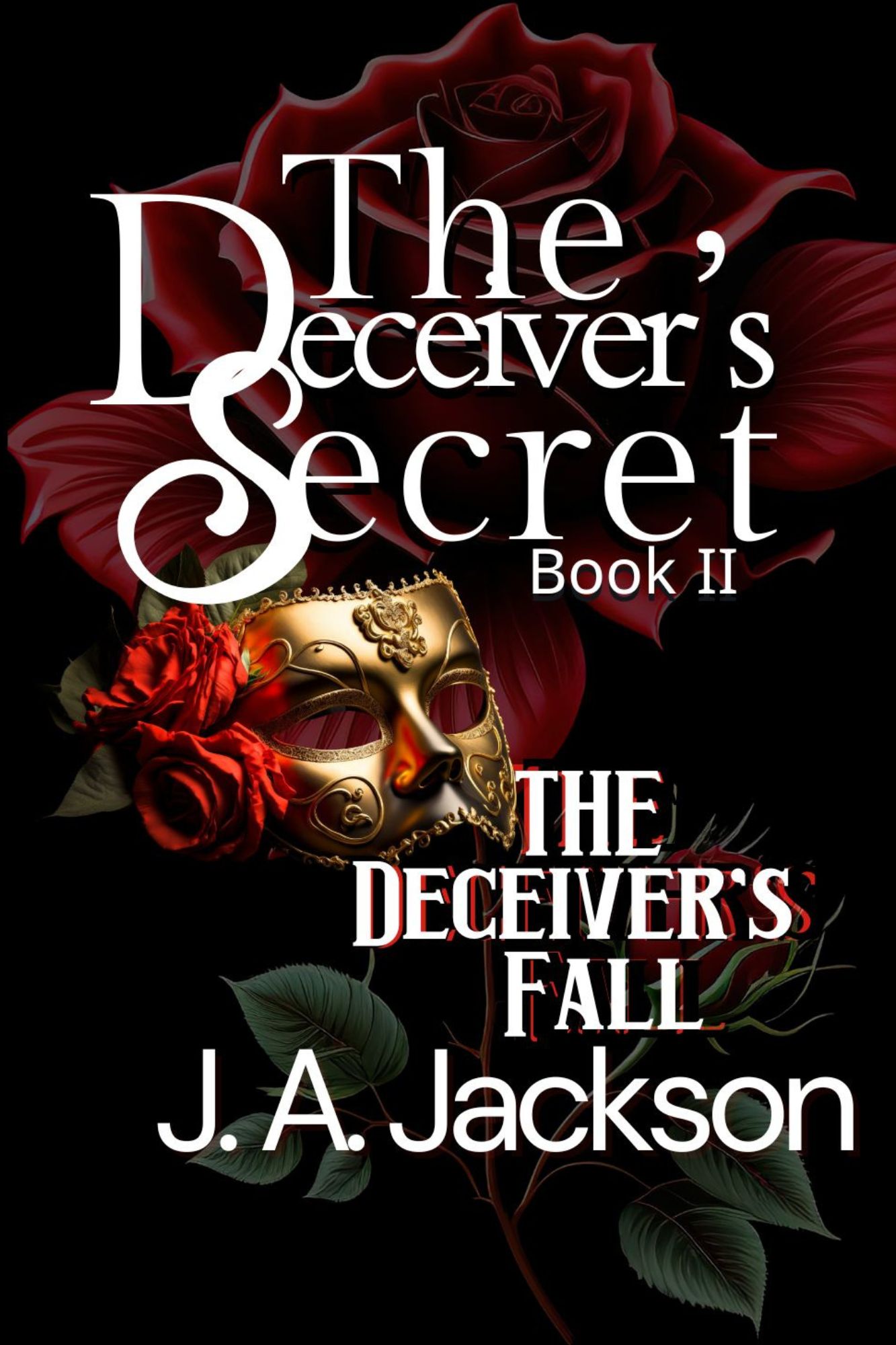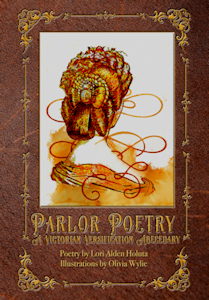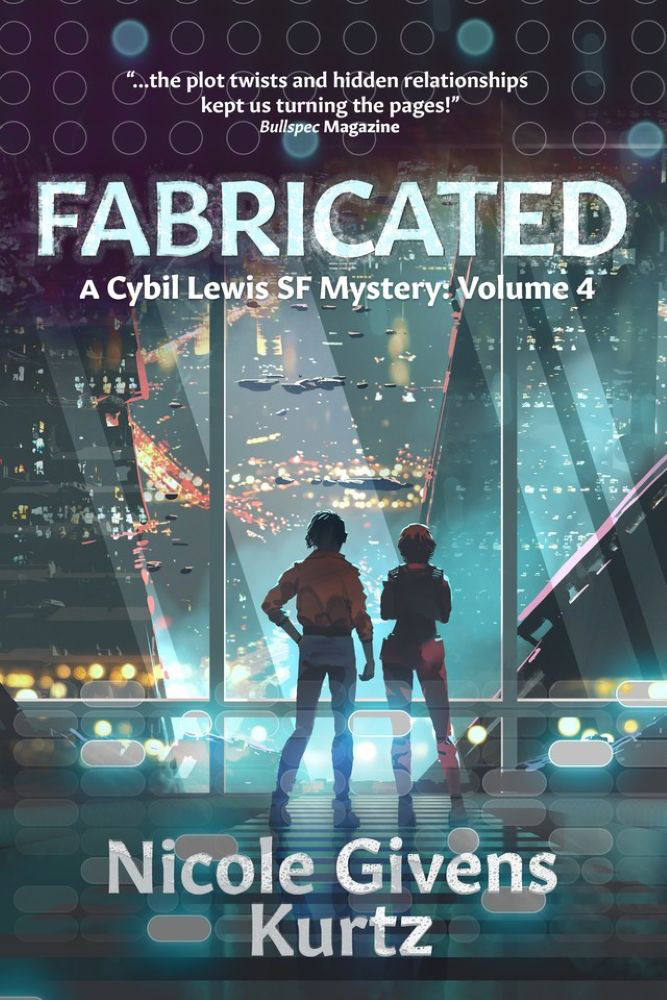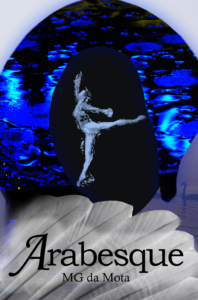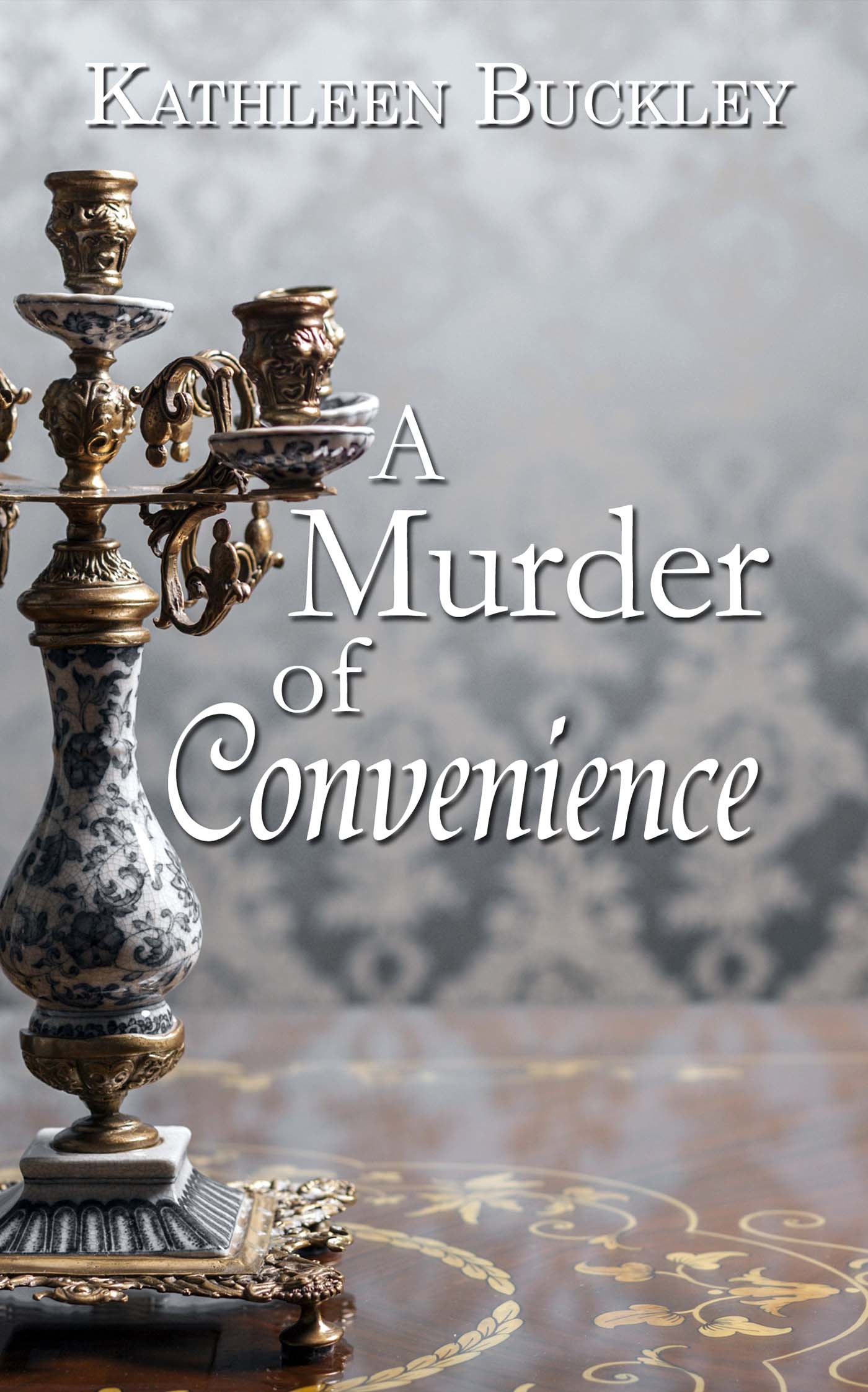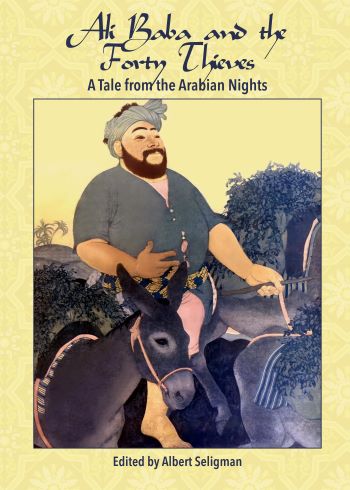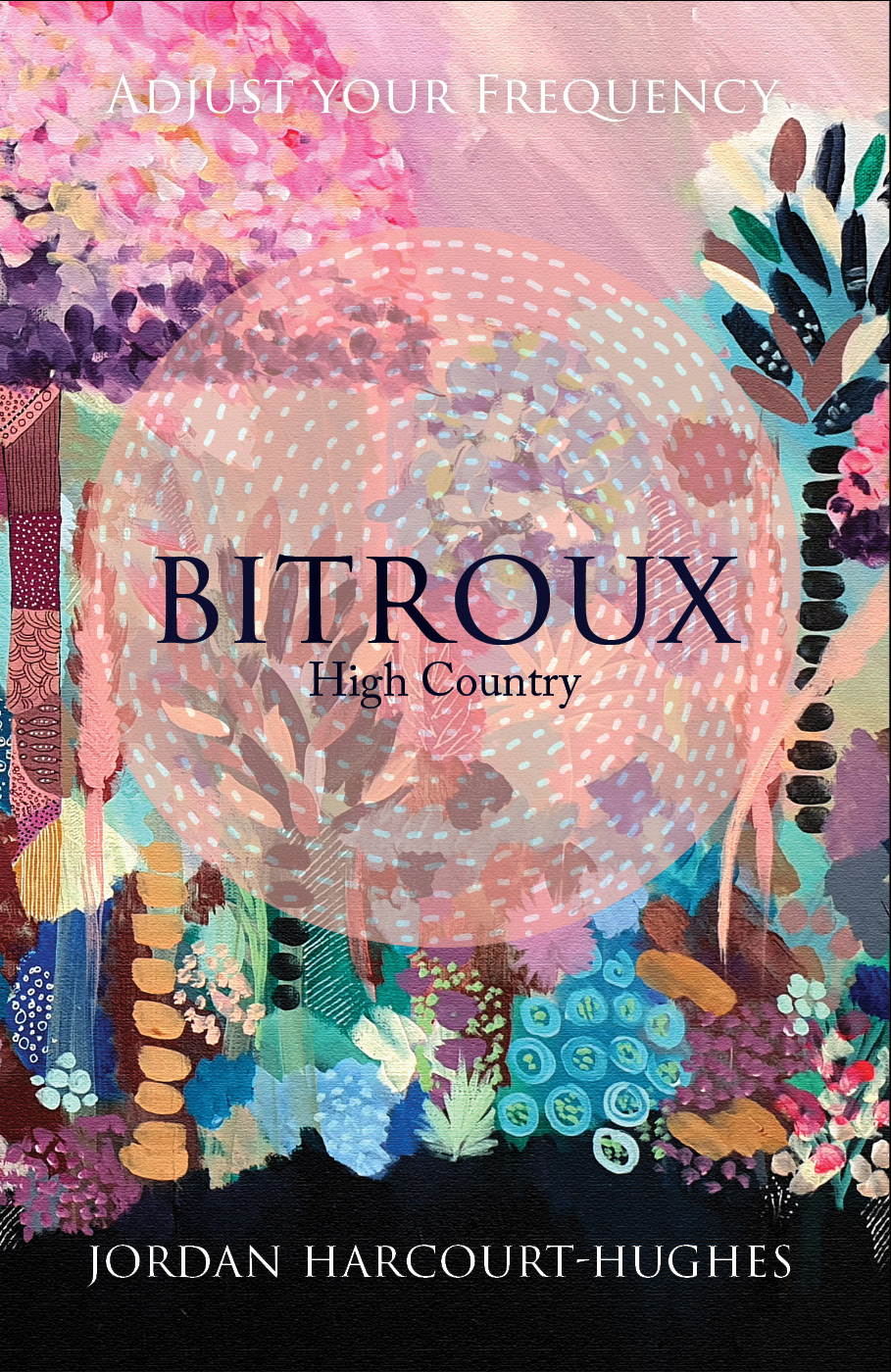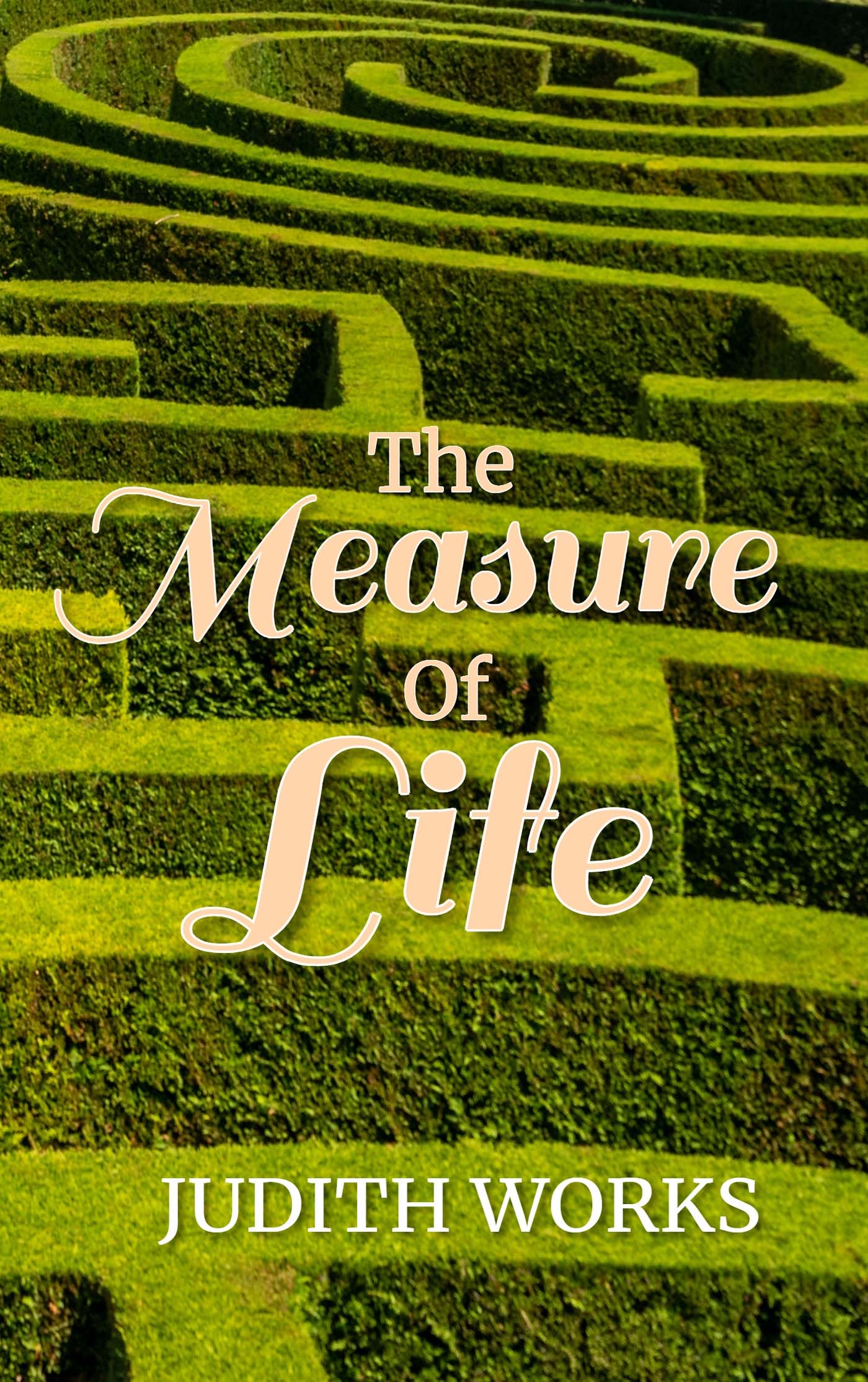This post is part of a virtual book tour organized by Goddess Fish Promotions. K. M. Warfield will be awarding a $10 Amazon/BN GC to a randomly drawn winner via rafflecopter during the tour. Click on the tour banner to see the other stops on the tour.
In this age of digital media, qwerty keyboards, and text speech, you might wonder how this skill could possibly make me a better writer.
Simple.
I don’t have to look at the keys when I type. I can position my hands and let the fingers find the letters without hunting.
I didn’t grow up in a family that encouraged creative endeavors. They were nice ‘hobbies’ but not something to aspire to. It wasn’t worth the effort it would take to get there. Early on, I locked away that part of myself and gave up.
When I did start writing, at 40, I had my own kids. I knew I didn’t want them to think the same way I did, so I had to turn off my doubts and go for it.
Given that I don’t need to see the keyboard, I now had to find a way to turn off the nagging voice in my head that wanted me to give up before I started. The one that would debate every single word I put onto virtual paper.
I had to trust myself.
I can see the scene in my head. I can hear the dialogue, smell the grass, hear the fly that buzzes by. I had to learn to trust that vision, translate it into words.
I put my hands on the keyboard, closed my eyes, and let my fingers work. In doing this, I freed myself of the negative presence in my mind. I didn’t hear anything beyond the voice of the characters. I could see what they saw, feel what they felt, bring their story to life without fearing it wasn’t good enough.
Would this work for everyone? Probably not. But it brought me a sense of peace that was missing in my life. Even when I’m doing horrible things to my characters, I can’t watch myself type it out. I have to visualize it so that my fingers can catch all the minute details that bring them to life.
Maybe two years of typing class in high school wasn’t as wasted as I thought at the time.
Thia Bransdottir is shunned for being half Fallen, a race feared by many. She tries to disguise her lineage, but her lilac eyes make it impossible. When her Father is killed, she is taken to the cloister to be a servant of her faith. Jinaari Althir is sworn to protect Thia from the disgraced half of her heritage. Under his holy vows, he must keep others from killing her for their prejudice and using her for her power. He must succeed, there is no room for failure. Trust for someone like Thia is difficult. Jinaari may say he is there to protect her, but can he truly do his best when he knows she is of the Fallen? Will Thia stay safe in order to fulfill her purpose or is she fated to die for her origins?
Enjoy an Excerpt
Thia let out a scream as an arm circled her waist, lifting her off the ground momentarily. Her hood fell back, her pale blonde hair blowing in the stiff wind. “Consorting with the Fallen now, Althir? I didn’t think you were this kind of ‘honorable’.” A male voice sounded in her ear.
She twisted her body, struggling to free herself. Whoever held her tightened his grip, forcing her closer to him.
“Let her go, Alesso. This is bigger than any grudge you have. The Gods are involved.” Thia snapped her head up at Jinaari’s voice. His sword was out, his eyes looking at her captor.
Thia’s heart hammered in her chest as fear set in. “Where were the Gods when my family was taken, Althir? Maybe this witch knows how to find them. I won’t know until I ask.” Alesso’s body shifted as he changed his stance.
“She’s part of my task, Alesso. You were there when it was given to me. Put revenge aside long enough to obey Garret’s will.”
What did Father Phillip teach me? After one of the acolytes tried to grab me that first week after Papa died? Pushing down her fear, Thia slammed her foot onto Alesso’s. He screamed in surprise; his arm relaxing. Breaking free, she ran toward the captain. The captain gestured toward her as the sound of swords meeting rang out. She stopped as she got to him, turning to see Jinaari and Alesso fighting.
About the Author:Born in the late 1960’s, K. M. has lived most of her live in the Pacific NW. While she’s always been creative, she didn’t turn towards writing until 2008. Writing under the pen name of KateMarie Collins, she released several titles. In 2019, the decision was made to forge a new path with her books. The Heroes of Avoch series, along with a new pen name, is the end result.
When she’s not writing, she loves playing Dungeons & Dragons with friends, watching movies, and cuddling up with her cat. K. M. resides with her family in what she likes to refer to as ‘Seattle Suburbia’.
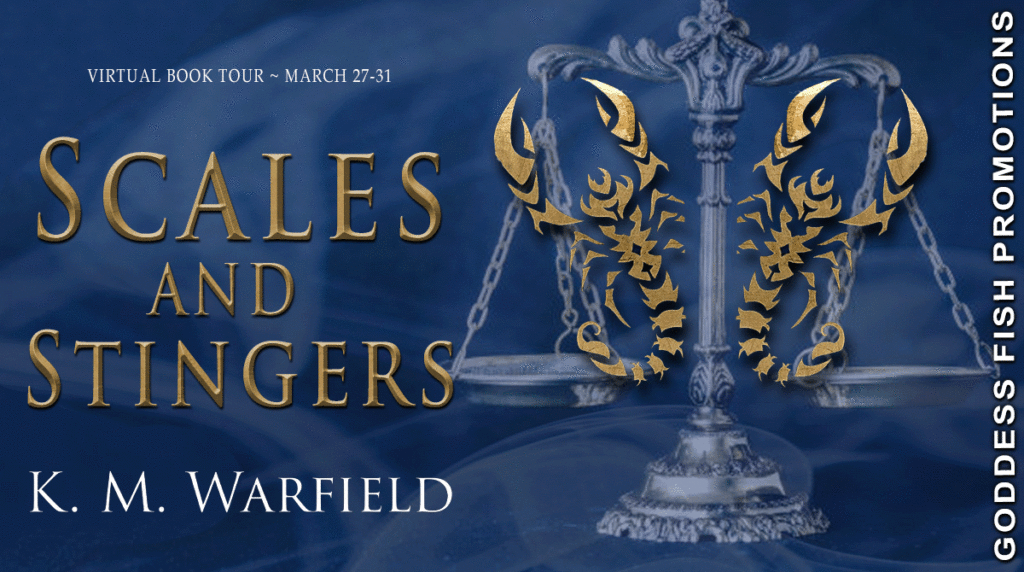


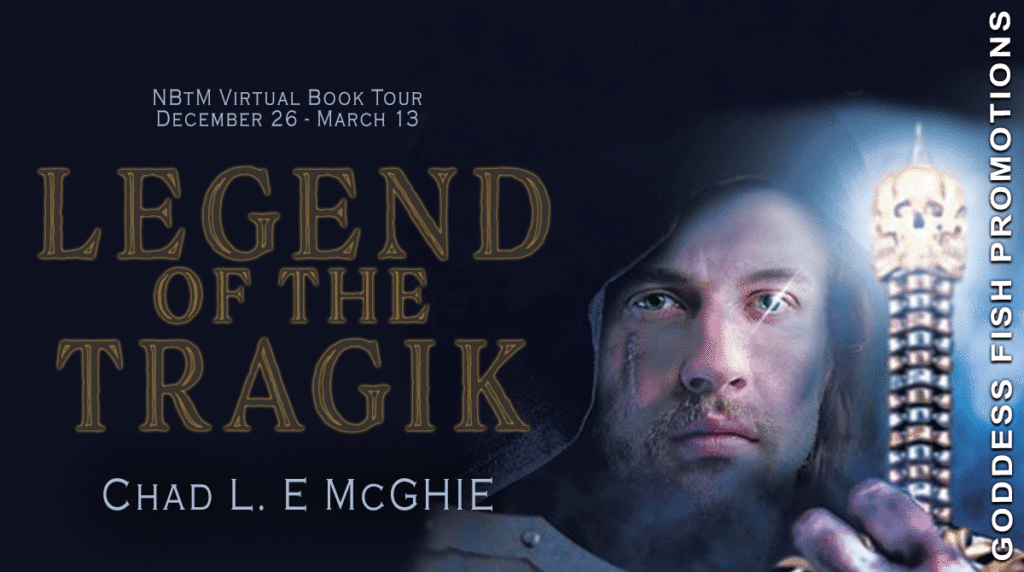
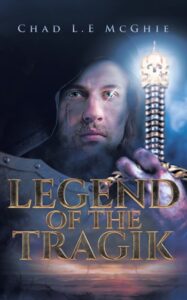 Not all fires are welcoming.
Not all fires are welcoming. Chad L.E McGhie, also known as Chad W. McGhie, is a diverse and exciting entertainer from Alberta, Canada. A father of five, author, and hip-hop musican, his life is full of adventure and excitement that he only hopes translates into his creative works. Whether you are enjoying his music, attending a performance, or now reading his novels, Chad L.E McGhie aims to please his audiences wherever they may be.
Chad L.E McGhie, also known as Chad W. McGhie, is a diverse and exciting entertainer from Alberta, Canada. A father of five, author, and hip-hop musican, his life is full of adventure and excitement that he only hopes translates into his creative works. Whether you are enjoying his music, attending a performance, or now reading his novels, Chad L.E McGhie aims to please his audiences wherever they may be.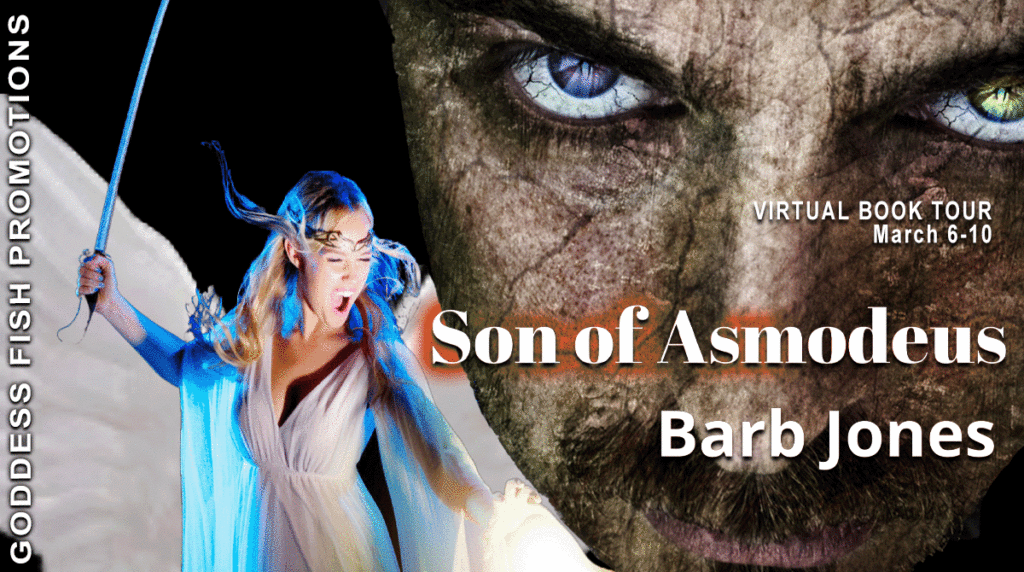
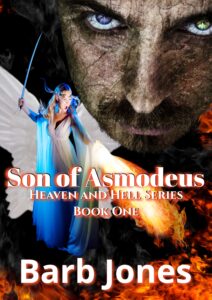 Birthright. Protector. Heaven. Hell.
Birthright. Protector. Heaven. Hell. Barb Jones is an author of paranormal romance and horror for adults, including her best selling series Blood Prophecy and her newest series, Heaven and Hell. She was born and raised in Hawaii, where her love for the supernatural began. When not writing, she is not only an IT professional but a mother of two highly gifted young adults, who are her inspiration. She can be found haunting bookstores, enjoying ghost tours, traveling, chatting with her readers, and baking. You can chat with Barb on Instagram at @thebloodprophecy or check out her website at www.thebloodprophecy.com.
Barb Jones is an author of paranormal romance and horror for adults, including her best selling series Blood Prophecy and her newest series, Heaven and Hell. She was born and raised in Hawaii, where her love for the supernatural began. When not writing, she is not only an IT professional but a mother of two highly gifted young adults, who are her inspiration. She can be found haunting bookstores, enjoying ghost tours, traveling, chatting with her readers, and baking. You can chat with Barb on Instagram at @thebloodprophecy or check out her website at www.thebloodprophecy.com.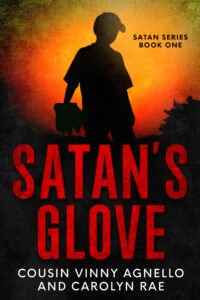

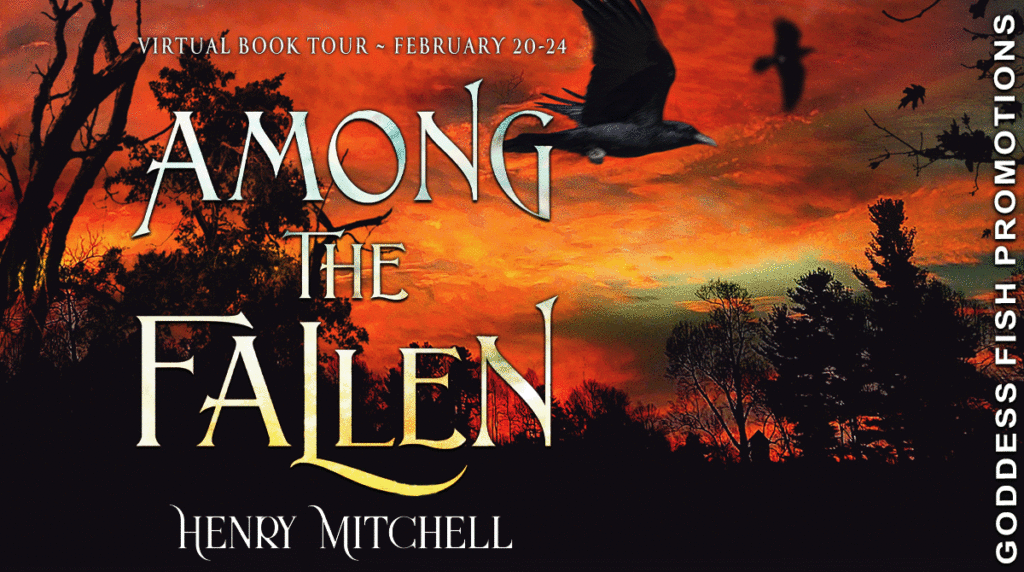
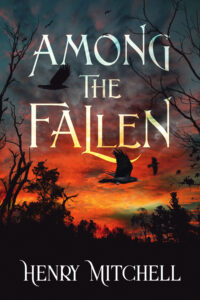 Not everything is what it seems.
Not everything is what it seems.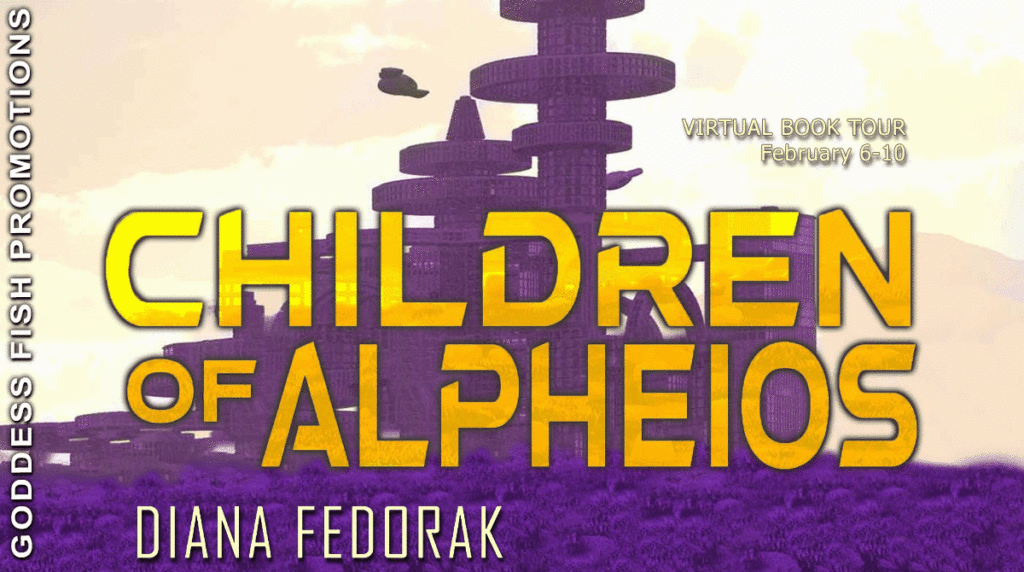
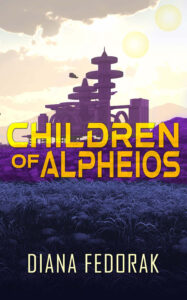 A genetically engineered colony on a new world. A baby born different than everyone else. A mother who will do anything to save him.
A genetically engineered colony on a new world. A baby born different than everyone else. A mother who will do anything to save him. Diana Fedorak is a speculative fiction writer from Las Vegas, Nevada. Born in Saigon, South Vietnam, she grew up in a Pan Am Airways family who frequently traveled overseas. Her prior career was serving as an officer in the United States Air Force.
Diana Fedorak is a speculative fiction writer from Las Vegas, Nevada. Born in Saigon, South Vietnam, she grew up in a Pan Am Airways family who frequently traveled overseas. Her prior career was serving as an officer in the United States Air Force. 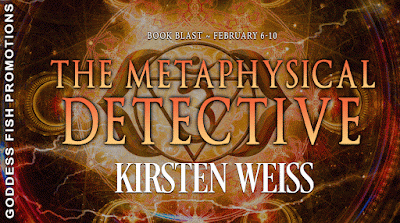


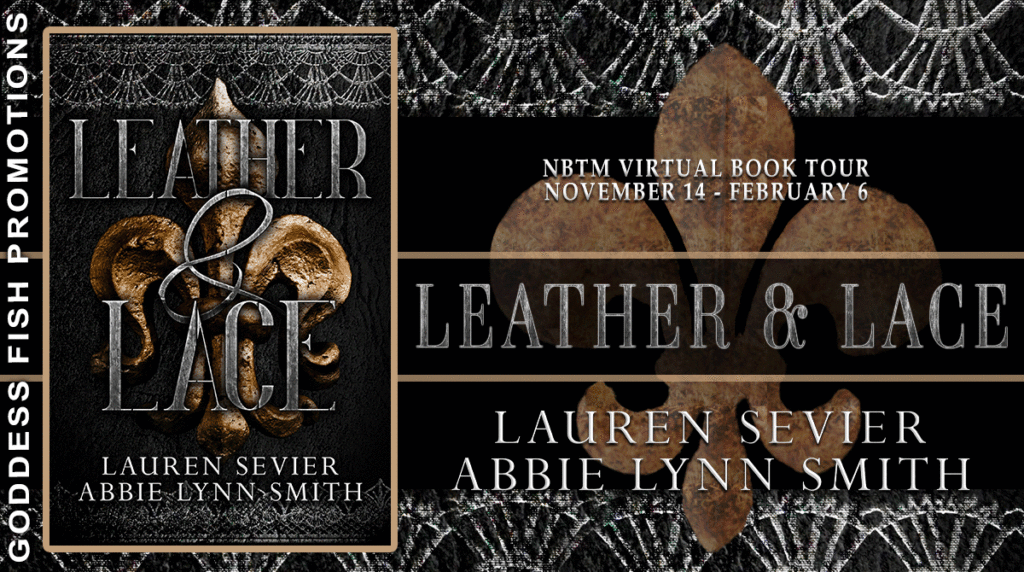
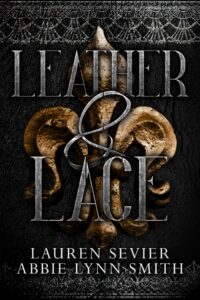 Three years wandering the desert is enough to drive anyone insane, and the limits of Bonnie and Jesse’s minds and hearts will be put to the ultimate test.
Three years wandering the desert is enough to drive anyone insane, and the limits of Bonnie and Jesse’s minds and hearts will be put to the ultimate test.
 Lauren Sevier and A. Smith are longtime friends and co-authors from southern Louisiana. Guns and Smoke, their first joint publication, began as a “short” story after having too much wine on girl’s night. Nine years later it is now the first novel in a Dystopian/Western Romance series. The duo has plans to publish several series together in the future. A. Smith spends her time with her two rescue dogs and rescue cat surrounding herself with books and Labyrinth paraphernalia. Lauren Sevier collects antique tea cups and tries to stay sane, though as the mother of a toddler she fails brilliantly most days. She also has a growing collection of crowns and tiaras and likes to act silly on Tiktok. Look for more thrilling novels from The Fools Adventure series in the future!
Lauren Sevier and A. Smith are longtime friends and co-authors from southern Louisiana. Guns and Smoke, their first joint publication, began as a “short” story after having too much wine on girl’s night. Nine years later it is now the first novel in a Dystopian/Western Romance series. The duo has plans to publish several series together in the future. A. Smith spends her time with her two rescue dogs and rescue cat surrounding herself with books and Labyrinth paraphernalia. Lauren Sevier collects antique tea cups and tries to stay sane, though as the mother of a toddler she fails brilliantly most days. She also has a growing collection of crowns and tiaras and likes to act silly on Tiktok. Look for more thrilling novels from The Fools Adventure series in the future!


